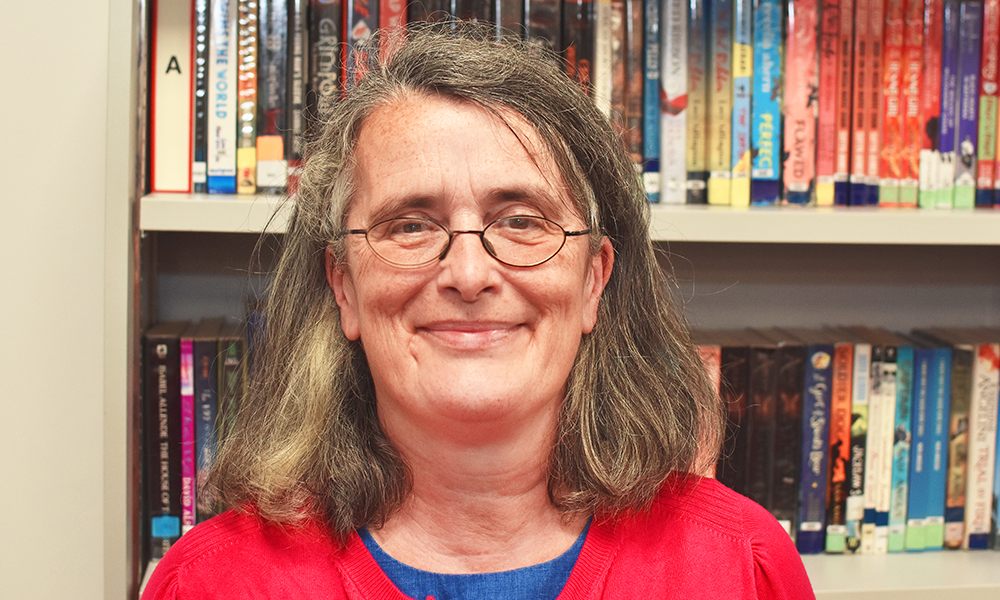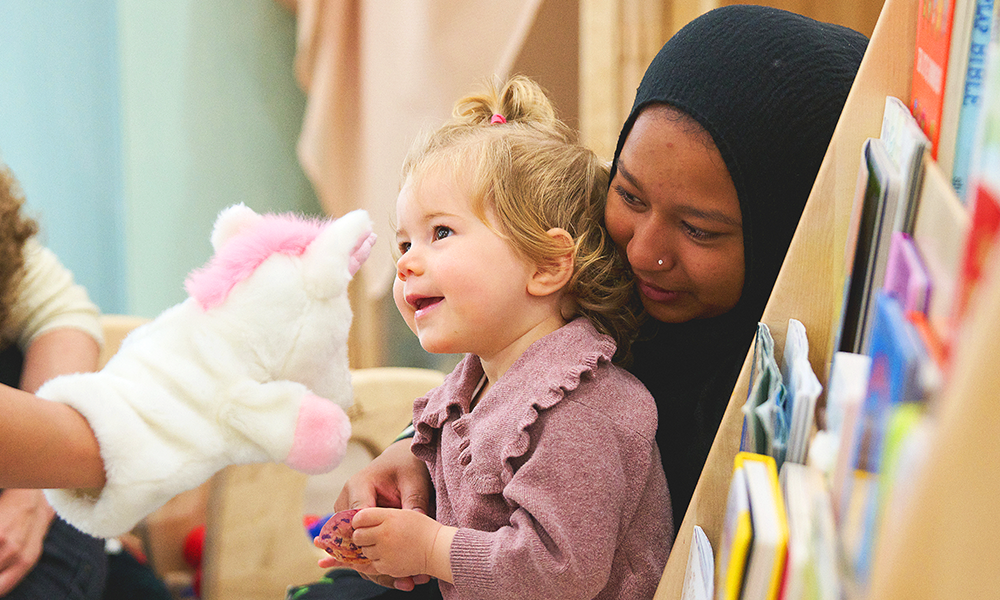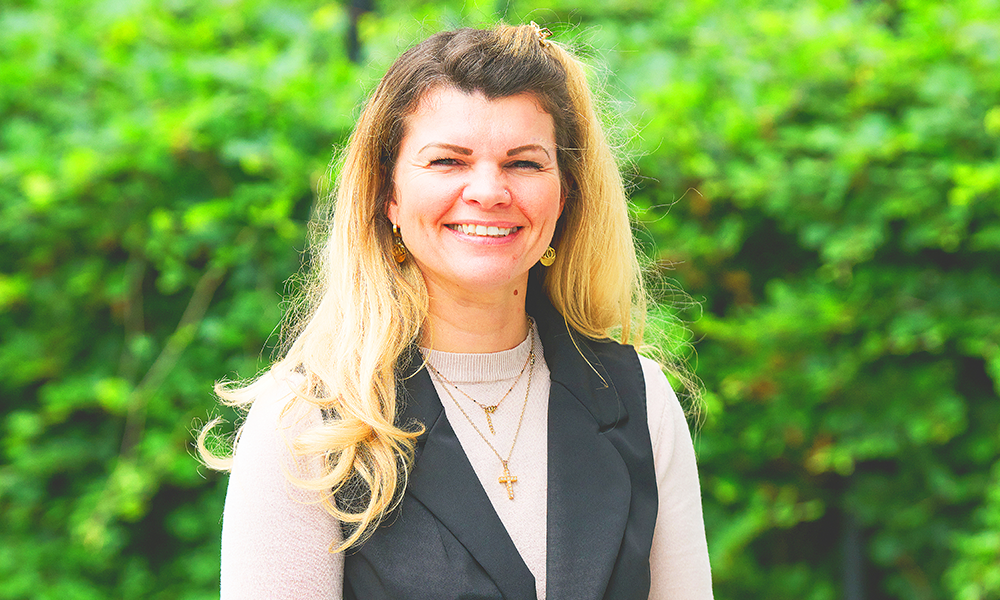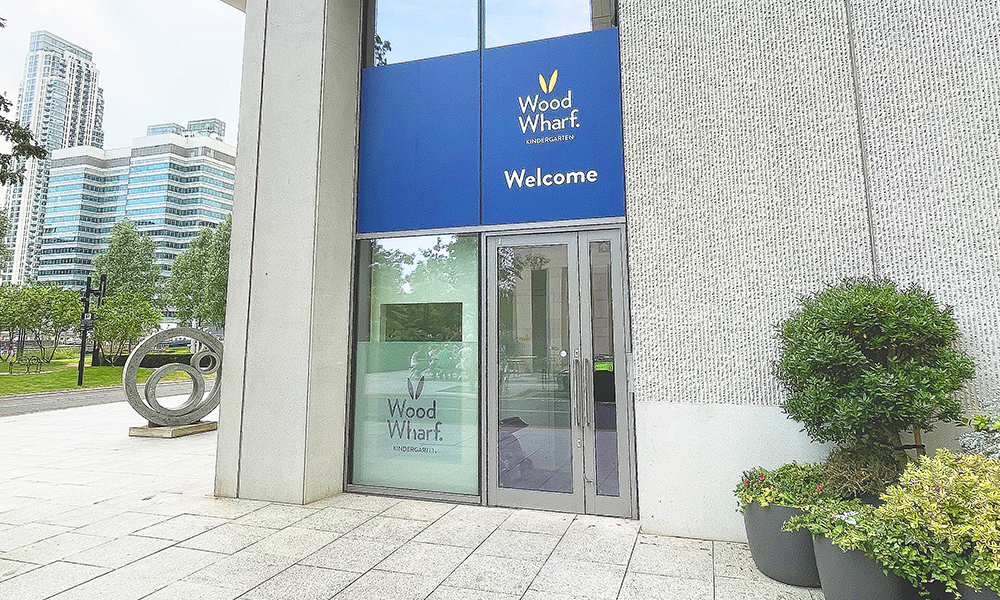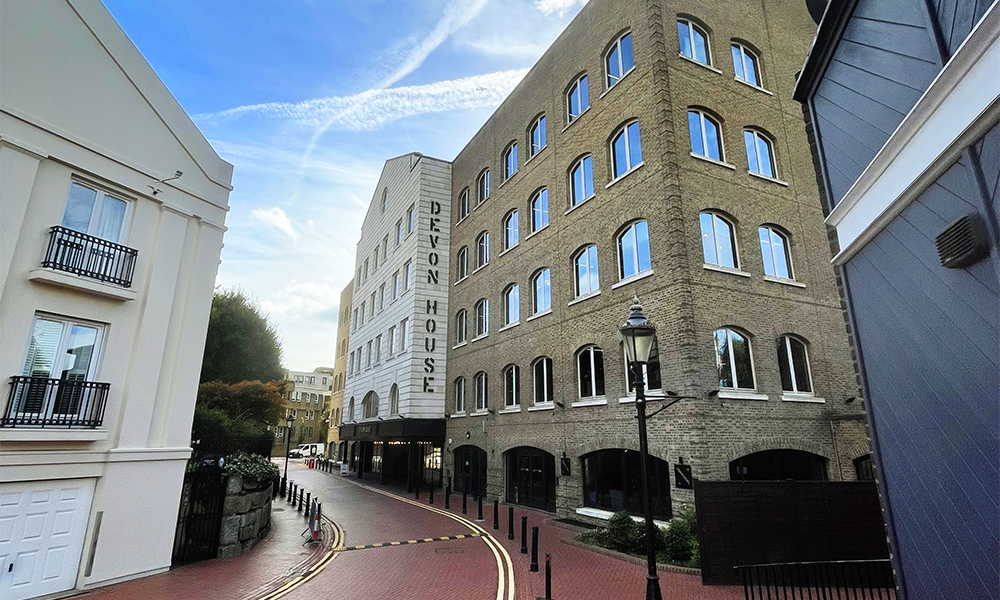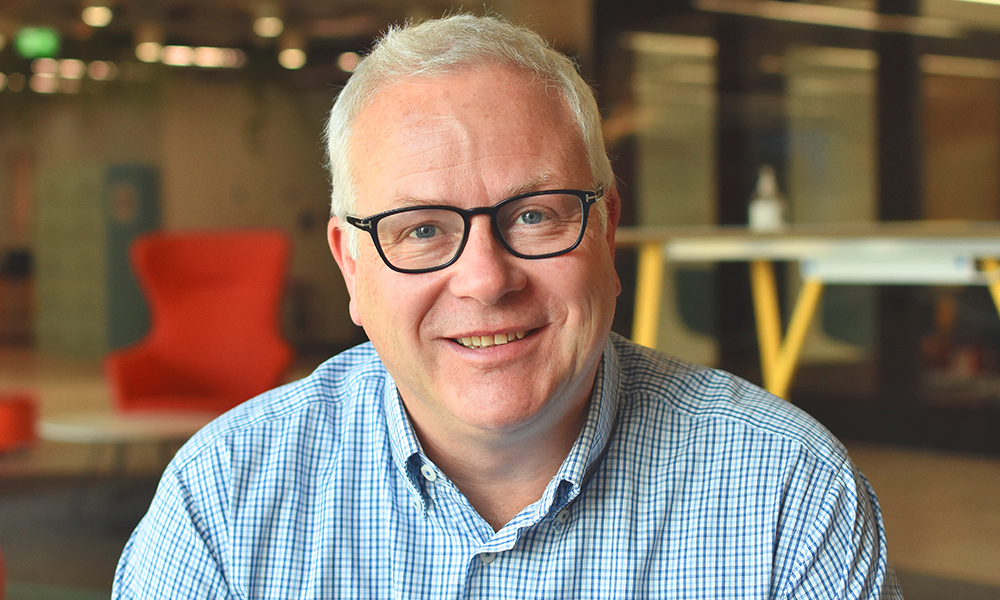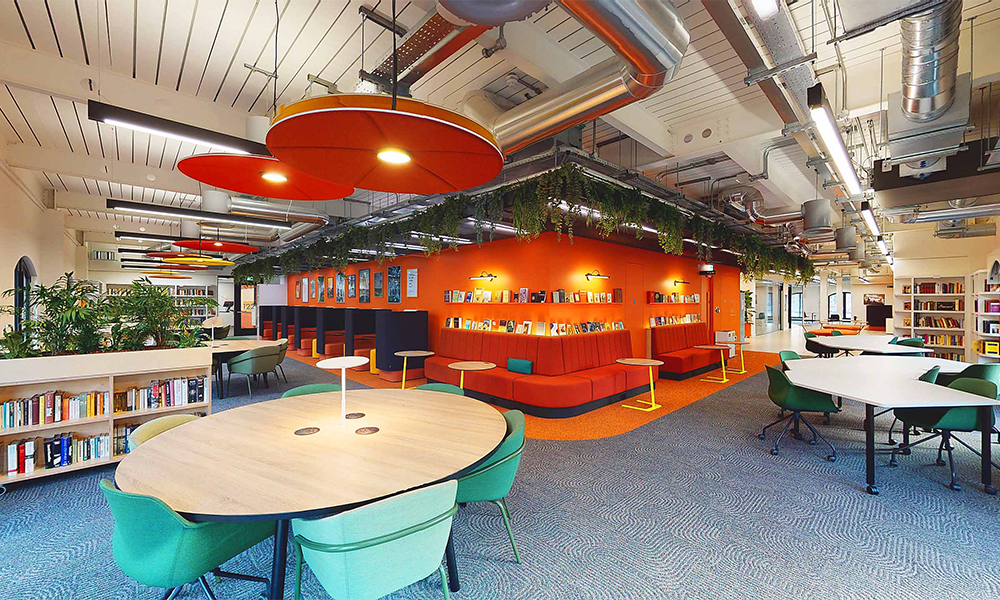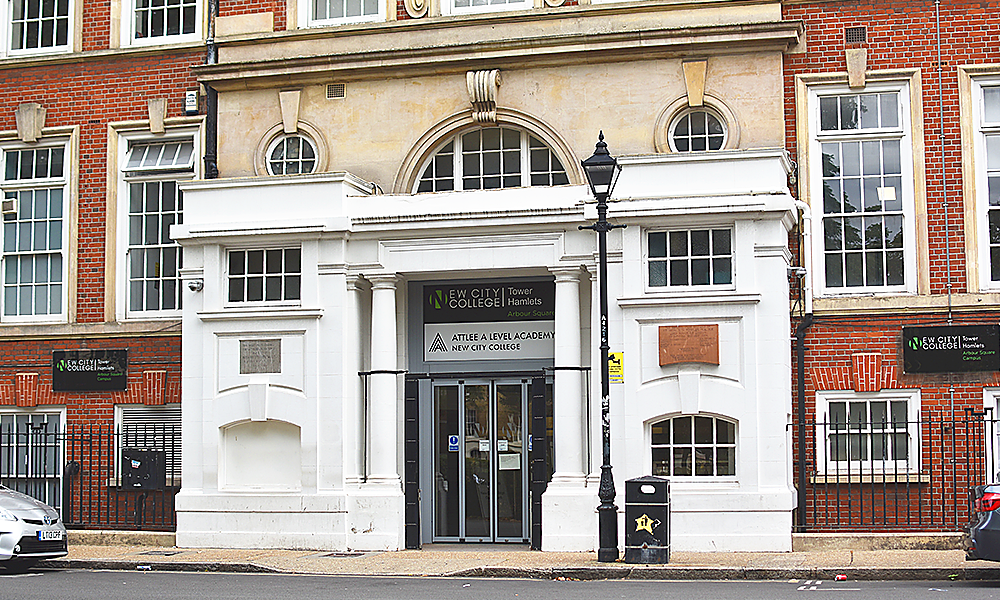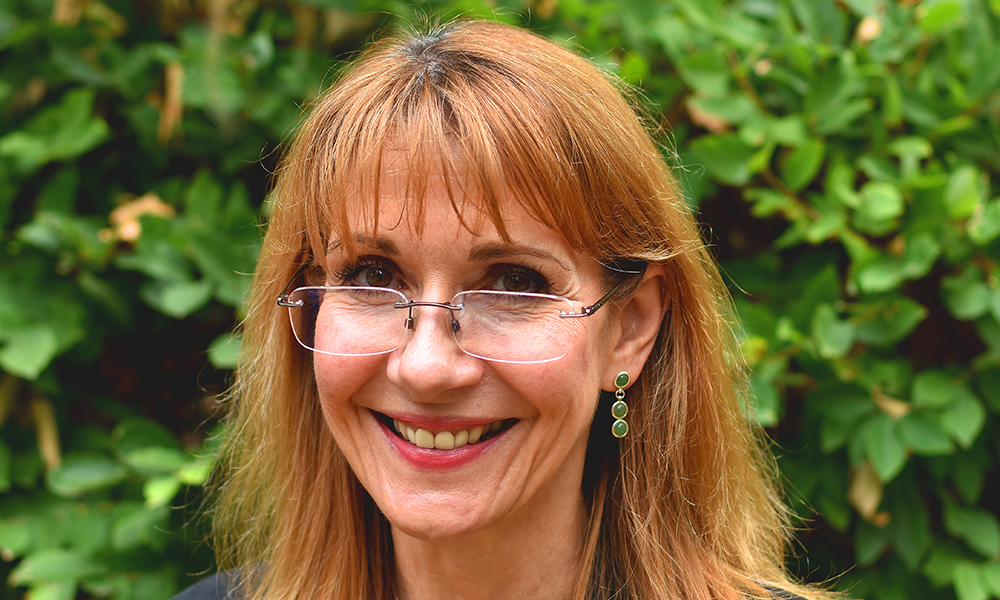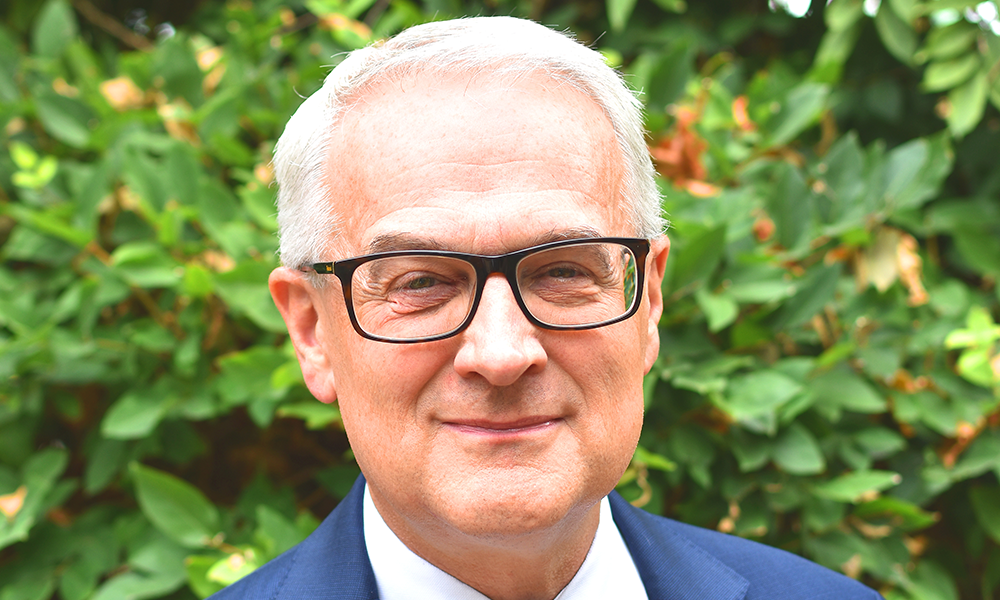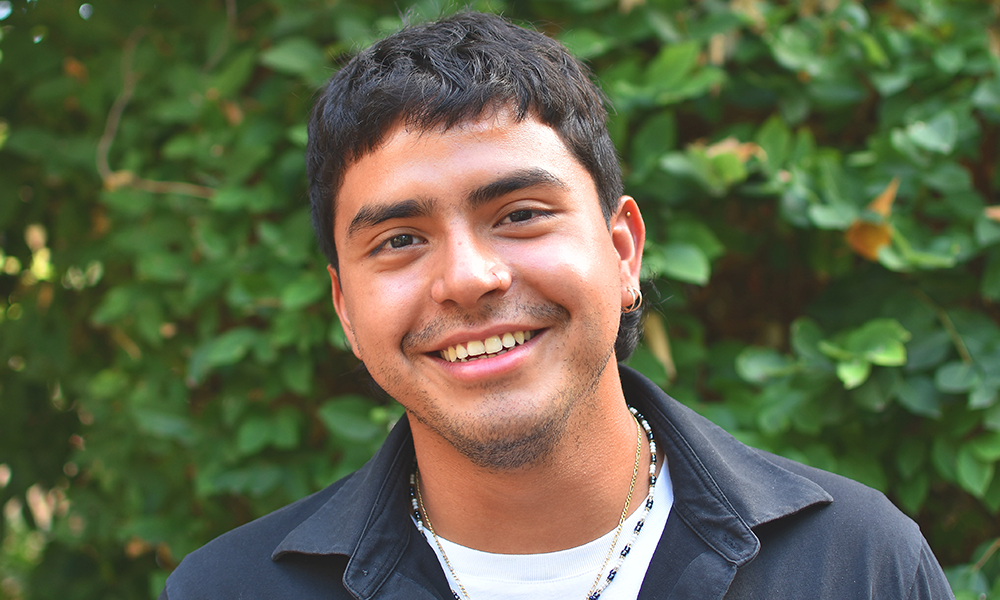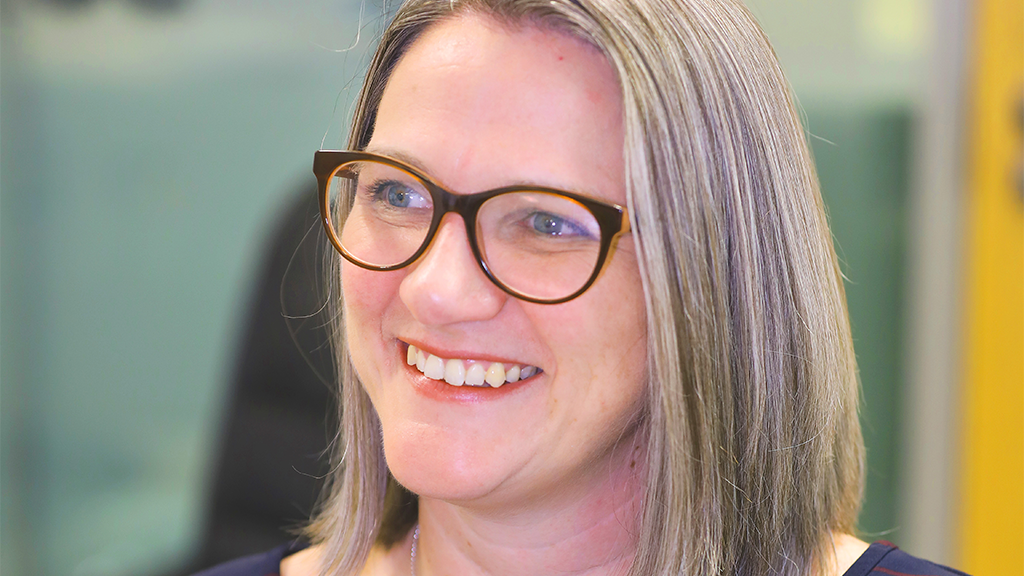Nursery school expands its operation, bringing a former church school back into educational use
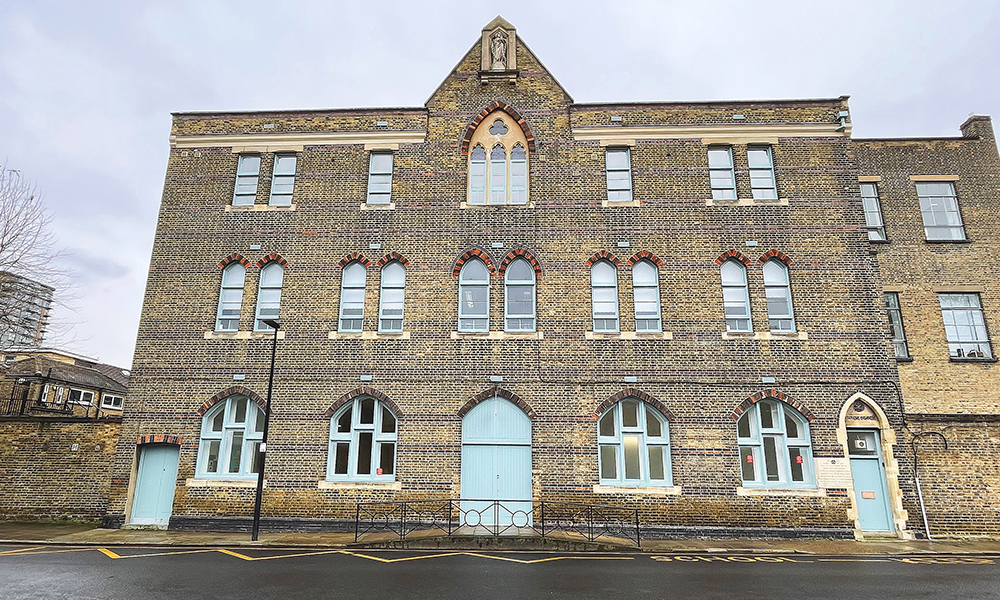
Subscribe to our free Wharf Whispers newsletter here
Puddle Jumpers isn’t just the name of a brand, it’s a statement of intent.
The company recently opened a second nursery in Wapping, expanding on the success of its first site in Limehouse.
The new facility brings a building that once housed a church school back into educational use and, while the walls might date to 1871, what’s inside is firmly rooted in the here and now.
With the refurbishment of its ground and first floors mostly complete, the nursery is now welcoming its first children and the place is starting to buzz with life.
It’s warm and welcoming with plenty of wood used to create furniture, flooring and a cosy reading area with London landmarks crafted from oak.
All in all, it’s a substantial setting for the Puddle Jumpers themselves as they explore and discover the world under the guidance of staff.
Senior nursery manager Lucy Prew-Ajayi has spent the last 27 years working with children and young people in a multitude of settings and leads the team at the new location.
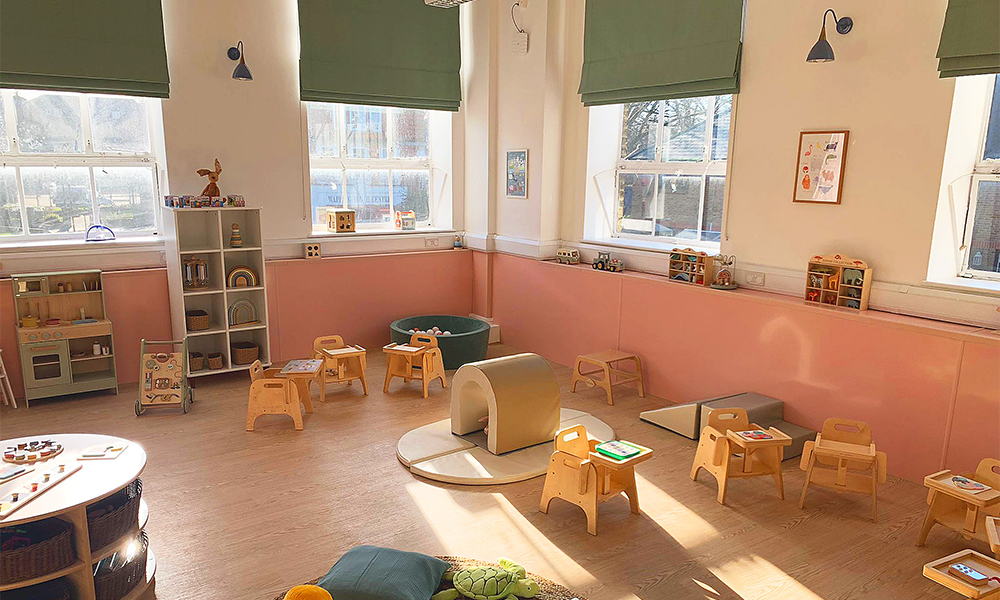
“As a career, it was a no-brainer from me – I was one of those privileged people who knew what I wanted to do as I went through secondary school,” she said.
“My mother was a headteacher and a childminder when she was on maternity leave, so we were always surrounded by little people.”
Her professional life has seen her work at international schools in Berlin and study play therapy, working with young people who had suffered traumatic events before coming back to early years education at Sure Start centres before the Government closed them down.
She’s spent the last 12 years working for NGOs, family clubs and nursery schools as a manager and director and has now arrived in Wapping.
“I chose Puddle Jumpers because of the organisation’s vision,” she said. “That’s for children to think for themselves and teaching them to be brave.
“For me it’s as it was 27 years ago – we’re here for the children and they are here to thrive.
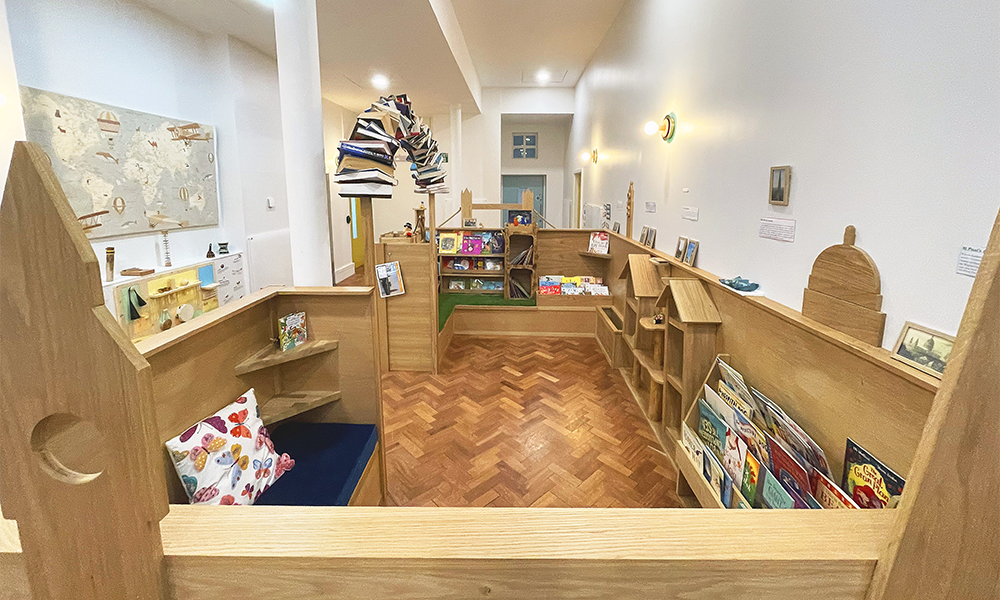
“Life can be turbulent and children need to understand that crises can happen.
“Mental health issues are on the rise, so we believe in giving children the opportunity to be courageous and to develop resilience.”
Learning through play is very much at the core of Puddle Jumpers’ offering, with children encouraged to make, participate and create during their time at the nursery.
“As an early years, foundation stage nursery, we follow best regulatory practice and the curriculum guidance, but we also take inspiration from the theories of Rudolf Steiner and Loris Malaguzzi, who developed the Reggio Emilia approach,” said Lucy.
“These approaches are all about creativity, the arts and the power of language expression. We interpret those through the facilities we have.
“For example, we have a living kitchen where children do botany and cookery classes and that includes a lovely little herb garden, which is magical and great for sensory education.
“Upstairs we have an art atelier where imagination is brought to life – it’s about children putting what they see in their minds down on paper.
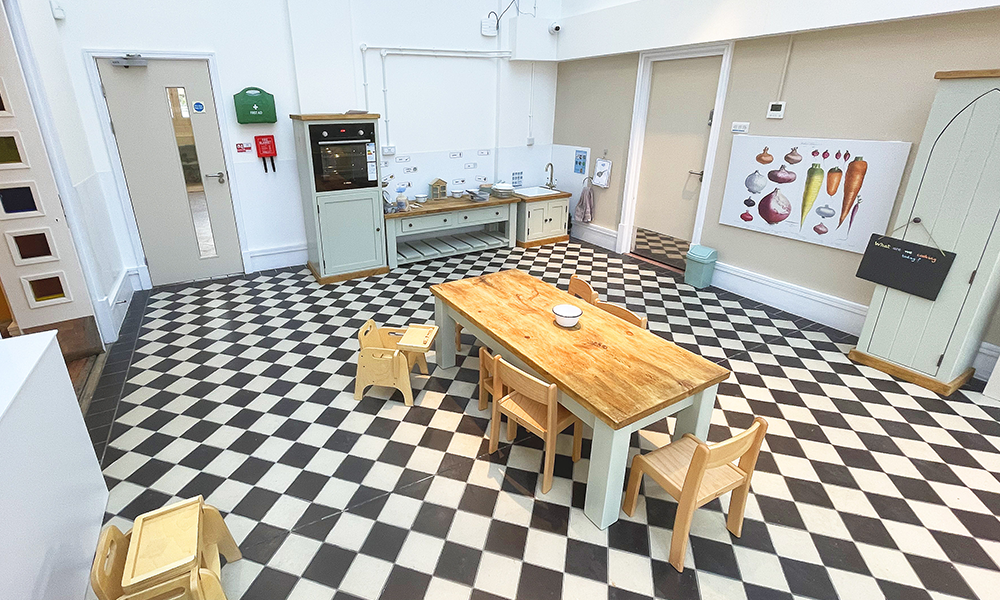
“Later this year, we’ll be opening a sensory room where children will be supported in self-regulation.
“This will also be a place to introduce them to technology without it being a screen, so that from a young age they learn how to cope with it.”
The main play spaces, a lending library – where parents or staff can read with children – and an area for music, complete the picture inside.
“We also have our fabulous garden, which is truly beautiful and has been designed to be very inspiring,” said Lucy.
“We are puddle-jumpers, so we believe in going outdoors in all weathers, which is also really calming for the children.
“It allows them to be free, to be themselves and then experiment.
“Outside, we have a big sensory area, a magnificent water station – where children can experience different types of movement and positioning, with lever pulling.
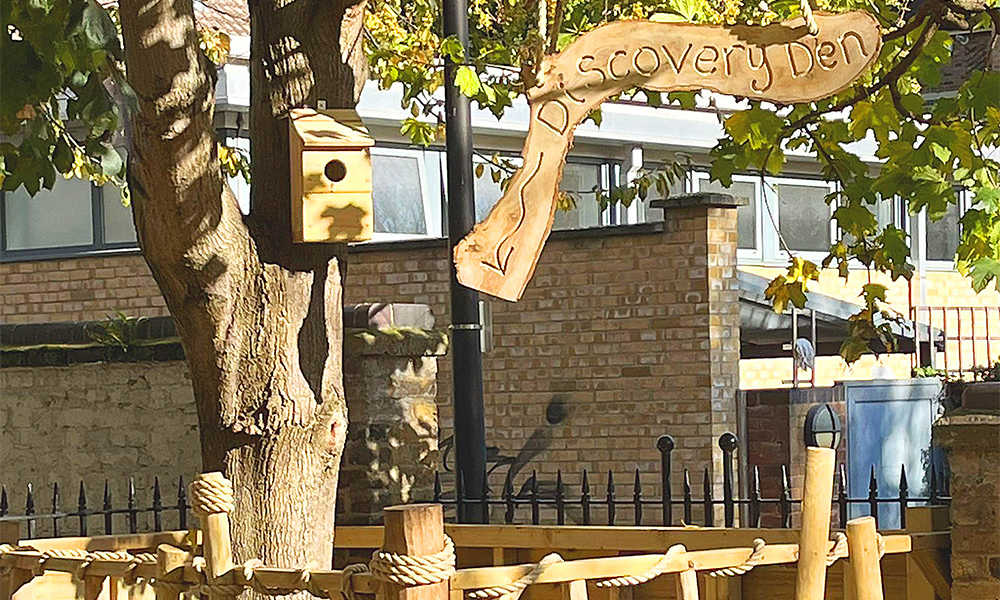
“There’s a big pirate ship – which is a sandpit – and we have mud kitchens that are great physical play areas.
“Later in 2024, we’ve commissioned a Tower Bridge climbing frame for the children to enjoy.
“Throughout their time here, we believe in a challenging curriculum for all ages and this includes our Ambitions programme, which is designed to keep children stimulated and to help them identify what they might like to try on the extra-curricular list, when they get to primary school. It really helps with that transition.
“We are here for every single child – to challenge them, celebrate them and to meet their needs.”
Lucy was also keen to stress that Puddle Jumpers’ approach was very much about working with parents.
She said: “After registration, we get in touch and invite them to come and look round.
“At the moment we have two open days a week, and it’s nicer if you’re in a group together, because it can be a bit overwhelming if you’re alone.
Find out more about Puddle Jumpers here
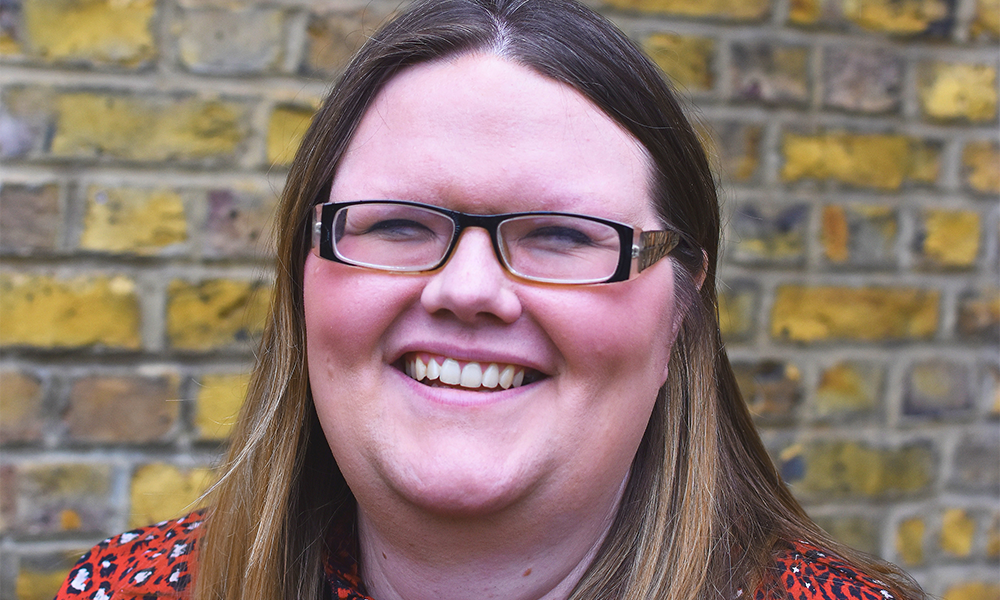
Read Wharf Life’s e-edition here
Subscribe to our free Wharf Whispers newsletter here
- Jon Massey is co-founder and editorial director of Wharf Life and writes about a wide range of subjects in Canary Wharf, Docklands and east London - contact via jon.massey@wharf-life.com
“A nursery school must work for the family first – adults also need to feel safe and secure. We’re very open-door.”
She said the nursery worked to help build networks among parents and to help equip them with skills to help their child learn, develop and grow.
“Over the course of the year we have a number of events for parents and families, so they can come and socialise together,” said Lucy.
“We do have a couple of evenings just for our parents to let their hair down and talk about things they have in common.
“Some parents want to talk about their children – others about what’s going on in the world. We’re giving them that link, which is very important in a part of London with an international community, where people may not have immediate family nearby.
“We also run a free programme called Parents As First Educators, helping them understand behaviour and how to manage it.”
Puddle Jumpers is open for registration of children.
A minimum of two full days per week applies.
The nursery is also currently recruiting staff for its new location.











